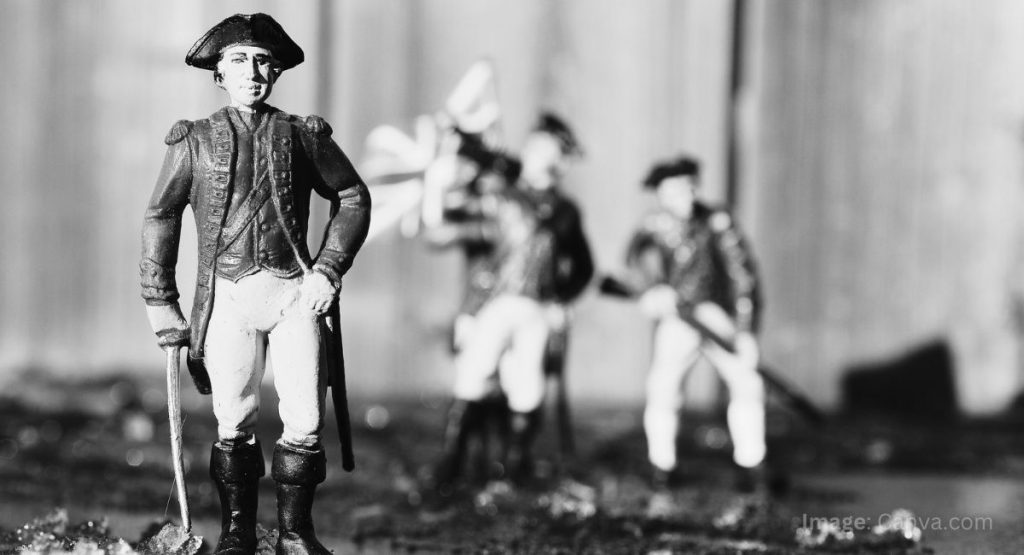Delve into the captivating narrative of colonial India, where a seemingly well-intentioned solution to a snake problem sparked unforeseen chaos. Learn more about the Cobra Effect and the Art of Decision-Making.
Once upon a time, India was a British colony. The British colonial authorities were concerned about the ubiquity of venomous snakes (cobras) in the country, especially in the city of Delhi. The British decided to offer a bounty for every dead snake the locals brought to the colonial office. The financial incentives to redeem dead snakes were a decision made with the hope that Delhi would, after some time, be snake-free.

Unintended Consequences: The Cobra Effect and the Art of Decision-Making
So the British thought! They were unaware that there were enterprising Indians who took advantage of this chance. Entrepreneurial Indians started breeding cobras on a massive scale to take advantage of this lucrative business venture. The cobra breeders would breed the cobras, and when they reached a certain length, they would kill them, take them to the British colonial office, and redeem them for money while continuing to breed some more. Before long, word got to the British, that entrepreneurial Indians were taking advantage of this and were breeding more and more cobras.
On hearing this, the British immediately ditched the incentive scheme. Needless to say, the snake breeders were angered by this move, because they were now sitting with lots of worthless snakes, which they had viewed as valuable stock in their business. In their anger, the snake breeders dumped their stock (cobras) onto the streets. The British were now sitting with a much worse problem than they had to begin with. They now had to battle the consequences of their decision.
Normally, a decision should improve a situation and not worsen it. In this case, the decision by the British to offer a bounty ended up worsening the situation. This has now become known in the field of psychology as the Cobra Effect. The Cobra Effect is a phenomenon that occurs when a decision intended to solve a problem, actually worsens it or creates an entirely new problem.
This brings into sharp focus the importance of making decisions after due consideration. Albert Einstein once remarked,
No problem can be solved with the same level of consciousness that created it.
Albert Einstein
To prove this point, the British colonial rulers made the first decision to offer a bounty. When they became aware of the negative consequences of their decision, they made a second decision to ditch the incentive scheme.
Clearly demonstrating the fact that their level of consciousness was still the same. Because they created a much worse problem than they had to begin with. If you consider the above story, the very first decision to come up with a bounty for each dead snake was a decision arrived at, based on flawed thinking. Not even to mention the second decision to ditch the incentive scheme.
Although the Cobra Effect happened to the British, it has the potential to happen to anyone. In fact, it is happening, right now, to millions of people, organizations, and governments around the world, i.e., making a decision that either worsens a situation or creates a new problem. We forever make decisions that have the potential to boomerang and explode in our faces. This is why it is crucial to have a process that assists in achieving better quality decisions. This is what my book “How to Solve Problems Like a Pro” is about.




